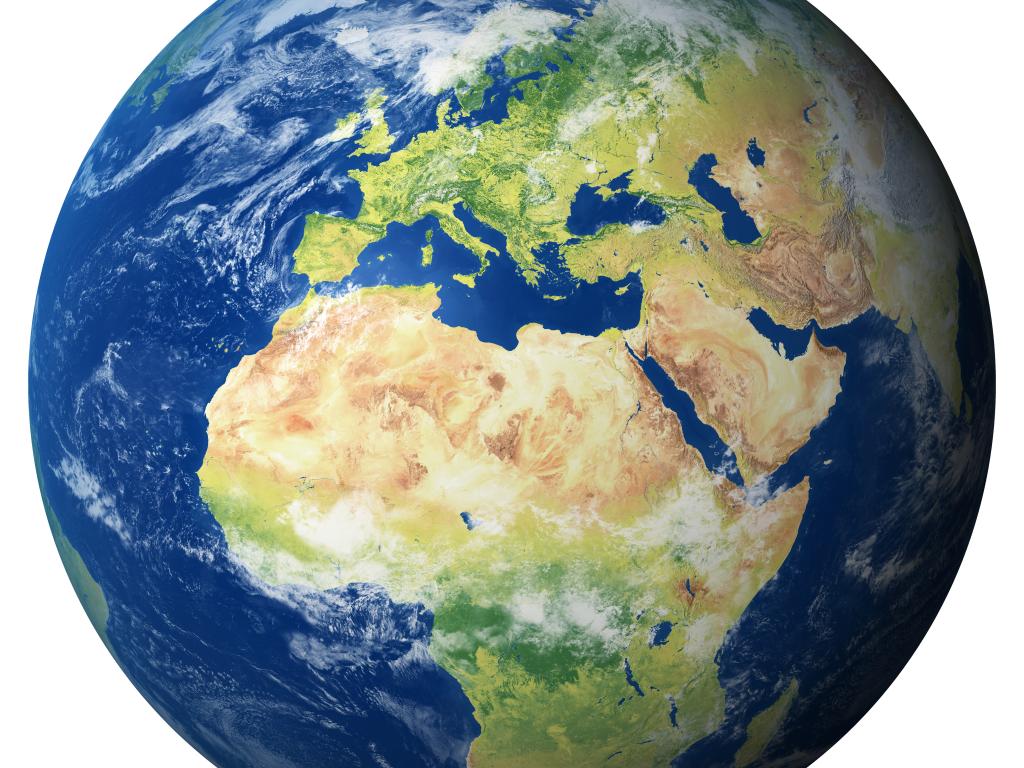Space Mining & Africa: will they, or won’t they?

Outer space: the final frontier. That exciting neighbourhood just beyond the earth’s reach where wishes upon stars live (although if you would like to be more technical about it, this can be classified as the area which begins right after one exits earth’s atmosphere, at approximately 100km above sea level).
The ability to enter space is an undeniable testament to a nation’s technology, scientific abilities, and ambition – a precedent established during the 1960s space race. Many nations are yet to enter space. As it stands there are only six functionally operative spacefaring nations despite 72 nations having space programs and 14 states able to launch objects into space. Active spacefaring nations have engaged space for a much longer time and over time have amassed the necessary infrastructure and knowledge for space exploration.
Space technology has allowed humankind to become more connected and has proven helpful in developing the world. Space technology gave us global positioning systems (GPS systems) and increased satellite connections. Space technology only appears to be getting more innovative, complex, and advanced. The experiments done, and data collected through space exploration has widely applicable benefits to humankind, primarily useful in scientific advancements. Space technology and data from experimentation has led to great innovation in human medicine and physiology. The earth observational technologies developed from space technologies is another advancement which has sprung from the use of space technology. It has allowed monitoring of rising sea levels, air pollution, forest health, and can be used to predict potential natural hazards such as tsunamis and other potential climate changes.[1]
More advanced technology being created has also given rise to more contentious deep space ambitions - most notably human interplanetary travel, human settlement and colonisation of the moon. Another recent ambition for humans that coincides with interplanetary travel is outer space resource appropriation i.e. the extraction and claim of extracted resources in space for one’s own. Outer space resource extraction becomes not only an attractive and exciting, but slowly a realistic alternative to traditional earthbound mining activities. The resources in space which can be extracted are varied and abundant.[2] Resources like water has been identified on moon, nearby planets and in other pockets in space and can end up supporting human life. More enticingly, are the existence of asteroids containing mammoth reserves of rare earth minerals and metals (which are essential components of all technologies) worth potentially trillions of US dollars. From a mining company’s perspective, the potential rewards may outweigh the risks. The bounty of resources in space have thus unsurprisingly prompted the global debate on whether humans should be able to mine them. Those in favour note that once these resources are extracted, massive financial and intellectual gains can be derived and distributed among society for good: a net benefit.[3]
Gauging African Temperature on Participation
So where does Africa fare in all of this? The African Union (AU)’s African Mining Vision has explicitly centred mining as a pathway to continental development and advancement. The opportunity to mine large reserves in space is thus an extremely lucrative opportunity that aligns with the continental vision of extractives-based development. There also appears to be explicit continental political will to venture into space - The African Union (AU) evidences this through the creation of its African Outer Space Strategy. The African Outer Space Strategy positions space technology and applications as a tool which can be used to strategically realise objectives set out in the AU’s Agenda 2063 and the Science, Technology and Innovation Strategy for Africa (STISA) 2024 . This strategy is steadily being realised and the AU is even in the process of creating a fully functional African Outer Space Programme.[4] Recent approval by the AU Executive council of African Space Agency further gives structure to these ambitions.
As it stands, however, no explicit references to space mining or commercial exploitation of extracted space resources occurs in any African state’s legal frameworks. Though this may be an opportunity for the global community to come together, it is a stratified issue. Space has the potential to become a political battlefield reflecting earthly tensions and alliances not limited to mining, and reinvigorate a cold war with nations either “for” or “against” space mining. The legal frameworks which reference and either enable or dismiss appropriation of resources in outer space will become a key indicator of state political will as regards mining in space.
Many influential spacefaring nations like the United States of America and Japan have already begun implementing structures and laws to support the mining of space and have begun lobbying other states to align with them. Luxembourg and the United Arab Emirates have followed suit. On the other hand, influential spacefaring nations like Russia have openly denounced commercial space exploitation ambitions. Despite calls to mine, the situation as it stands remains clear: mining space would contradict global commitments to the non-appropriation of outer space as laid out in the Outer Space Treaty – of which fifty three per cent of Africa’s 53 states have either signed or ratified.
[1] For more on this see the body of work done by the University of Zurich’s Space Hub research team.
[2] John S. Lewis, Mining the sky: untold riches from the asteroids, comets, and planets (1996) Addison-Wesley Pub. Co.
[3] Annette Froehlich (Ed) Space Resource Utilization: A View from an Emerging Space Faring Nation (2018), 1st edition XIX, 103, Springer International Publishing AG.
[4] The African Union Commission, “African Union Agenda 2063” (Decision Assembly/AU/Dec.589 (XXVI)).
